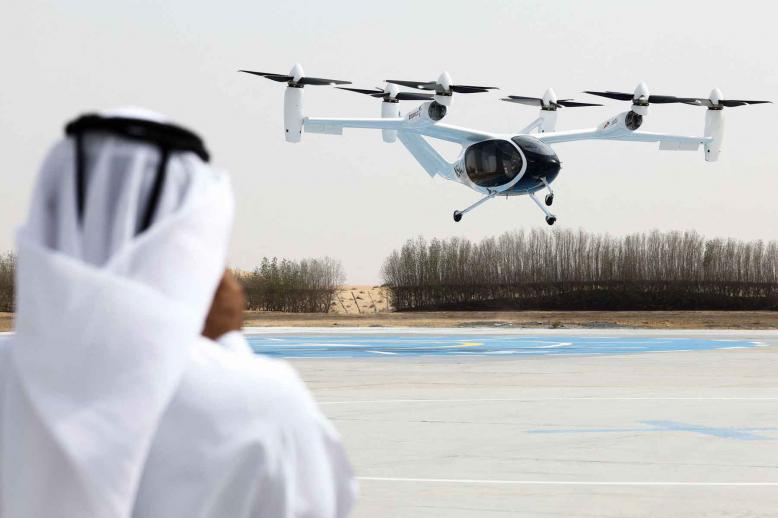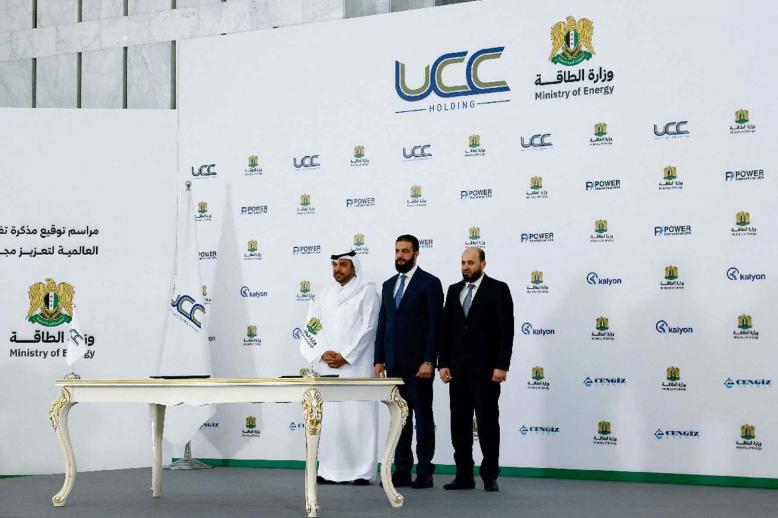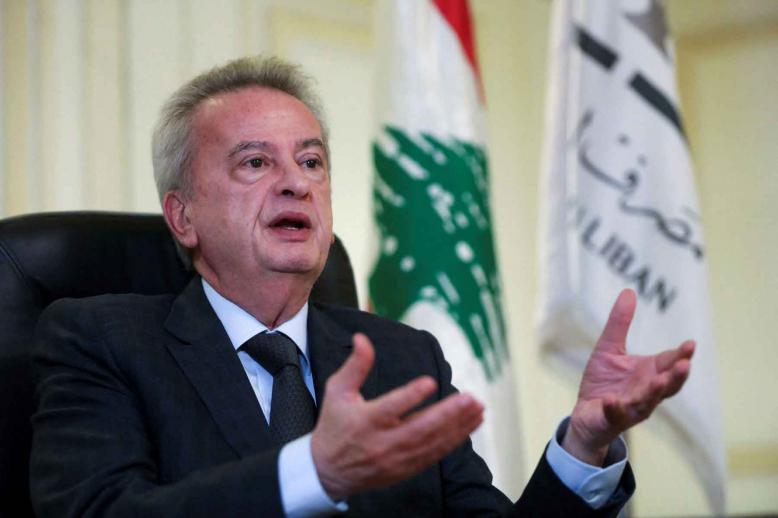Decline of Algerian dinar adds to poverty, capital flight
Algeria has steadily devalued its currency over the past 48 years, keeping most citizens poor, the country’s economy dependent on imports and bringing about a new class of wealthy Algerians who invest abroad with smuggled foreign currencies.
“A simple banknote of 200 euros ($235.6) is the equivalent of the average monthly salary of a government employee in Algeria,” wrote civil servant Allal Bouhlal on social media. “Is that worth the suffering and the pains to end the French colonial rule in 1962.”
The official value of the dinar dropped from 4.94 per US dollar in 1970 to 58.76 per US dollar in 1998. On May 16 this year, one US dollar traded for 116 Algerian dinars.
The steady depreciation has been part of the Algerian central bank’s attempts to keep the country’s budget deficit artificially low and its revenue from taxes on oil and customs duties high.
“We are in a hurry to hoard euros not by buying them from the banks but from the streets. We are undermining the country’s economy by destroying its main pillar, which is the confidence on its currency and the credibility of its policy-makers,” said Slim el Bordji, owner of a small restaurant in Algiers.
Algerian financial experts say the government is heavily subsidising imports to offset their high prices on the domestic market and make most goods affordable to the majority of workers, whose average monthly salary is about 20% of that in the European Union.
The policy is being criticised, however, as subsidies become increasingly burdensome for the state budget, causing waste and making the country more dependent on imports. All of this at a time when the country is striving to rebuild a productive economy that provides more jobs for the population, as well as more locally produced food and other consumer goods for its population of 40 million.
Local economists said the depreciation of the country’s currency coupled with a rise of corruption has benefited a select few in Algeria. More and more, they said, wealthy Algerians are using the foreign currency black market to smuggle foreign currencies abroad and invest in businesses and real estate in European countries.
“The new trend is more and more Algerians are getting rich by plundering the wealth from oil and gas to invest massively in Spain and France. Who permits them to smuggle such huge (amounts of) money abroad?,” asked Saad Larbi, a private travel agency employee.
“It is the same with illegal imports of Chinese products. For that, the money is wired from Europe. The country is getting hit twice by losing revenues and bleeding foreign currency flight,” he added.
Across the street from parliament in central Algiers is the country’s largest illegal foreign exchange market, Port Said Square. There, euros and dollars are exchanged with dozens of bustling money changers, who pay an average 40% more for foreign currencies than banks.
Port Said Square is a major source of money for rich Algerians abroad.
“Indeed, many Algerians invest heavily in activities such as restaurants, hotels, services, or property outright in some countries such as France, Spain and Tunisia,” said Algerian university economics teachers Bouteldja Abdelnacer, Benameur Abdelhak and Samir Maliki in a joint study on the impact of the country’s faltering currency.
Algeria’s central bank says the dinar’s value is mainly determined by the disparity between the rate of inflation at home and in trade partner countries in Europe and the United States.
“But there is a paradox. When the inflation rate in developed countries for the 2013-2017 period was under 0.5 %, the value of the dinar continued falling and the prices of imported goods did not fall,” said financial expert Abderrahmane Mebtoul.
“In a productive economy, the depreciation of the dinar or its slippage would further the rise of exports outside oil and gas exports and cut imports. In Algeria, it is the opposite that happens,” said Mebtoul.
“In Algeria, the state, through the central bank, depreciates the dinar to veil the real hole of the budget deficit,” he added.
“We have the Bank of Algeria devaluing the dinar when the US dollar and euro fall. Normally the opposite should happen,” he said.
He and other economists said a depreciated currency nominally increases the value of state tax revenue from the hydrocarbon industry as well as earnings from taxes and duties on imports.
“This depreciation intensifies domestic inflation,” said Mebtoul, adding that “the level of inflation can be analysed by examining the level of productivity.”
The “labour productivity rate in Algeria is one of the lowest in the Mediterranean basin,” he says.
“The worker who is paid 200 euros per month does not have the same perception of inflation as the worker who is paid 30,000 euros,” he said.
In a difficult balancing act, the Algerian government has heavily subsidised goods to tame inflation and boost citizens’ purchasing power.
Subsidies accounted for 13.6% of Algeria’s GDP in 2017, official figures showed.
“The system of subsidies in Algeria is unique in the world,” said Mouloud Hedir, an economics teacher at the University of Algiers and researcher at the local think-tank Nabni. “No country in the world is doing the same as in Algeria. We subsidise agriculture goods and petroleum products.”
“For milk and cereals, Algeria has the resources and the ability to produce them to satisfy domestic needs but to do that, subsidies have to end,” he added.
A 50-litre tank of gas costs the state 5,000 dinars in subsidies, Hedir said, adding: “That underlines the anti-economic nonsense of this system of subsidies.”
This article was originally published in The Arab Weekly.







